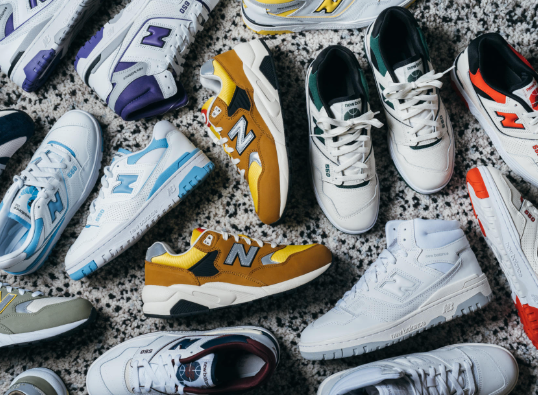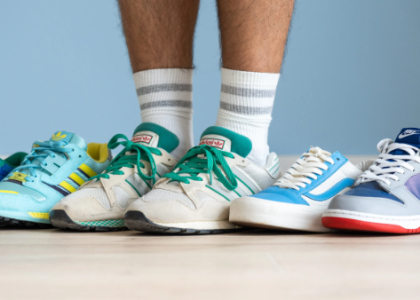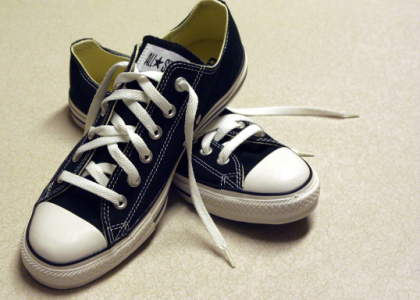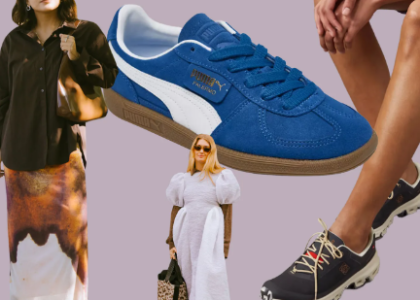In recent years, sustainability has become a driving force in many industries, and footwear is no exception. The global push toward eco-friendly products has led to a surge in brands that prioritize environmental responsibility while still offering high-quality, stylish shoes. As consumers become more aware of their environmental impact, the demand for sustainable footwear is on the rise. Here are some top eco-friendly shoe brands making strides toward a greener future.
Allbirds
Allbirds is perhaps one of the most well-known names in sustainable footwear. Founded in 2016, the brand focuses on creating shoes using natural, renewable materials such as merino wool, eucalyptus tree fiber, and sugarcane-based foam. Their signature model, the “Tree Runner,” is made from eucalyptus fibers, which are both lightweight and breathable. Allbirds has also pledged to reduce their carbon footprint to zero, utilizing a carbon offset program to balance out their emissions. Their dedication to sustainable practices extends beyond materials; the company also uses recyclable packaging and has set a goal to make all of their products carbon-neutral.
Veja
Founded in 2005, the French brand Veja has been at the forefront of eco-friendly footwear. Known for their stylish sneakers, Veja integrates sustainable materials such as organic cotton, wild rubber from the Amazon rainforest, and recycled polyester into their designs. The company’s commitment to ethical production extends to their fair trade practices, ensuring that the people behind their shoes are paid fairly and work in safe conditions. Veja’s transparency about their manufacturing process has earned them a loyal following among environmentally-conscious consumers.
Rothy’s
Rothy’s has revolutionized the footwear industry with its chic, comfortable shoes made entirely from recycled plastic bottles. Each pair of Rothy’s shoes is made from about 3 plastic bottles, which are then turned into a soft, flexible, and machine-washable material. The brand offers a range of products, including flats, sneakers, and loafers, with designs that are both modern and versatile. Rothy’s commitment to sustainability extends beyond the shoes themselves; the company also operates a closed-loop recycling program, ensuring that their products can be repurposed or recycled at the end of their life cycle.
Adidas x Parley
Adidas has partnered with Parley for the Oceans, an environmental organization, to create shoes made from upcycled ocean plastic. Their “Ultraboost Parley” running shoes are a prime example of the brand’s innovation in sustainable footwear. Each pair is made with yarn derived from plastic waste collected from oceans and coastal areas. Adidas has set a goal to produce 50% of its products using recycled materials by 2024, marking a significant step toward reducing the environmental footprint of their manufacturing processes. The collaboration between Adidas and Parley highlights the importance of repurposing waste materials for a sustainable future.
Toms
Toms has long been known for its “One for One” initiative, where the brand donates a pair of shoes to a child in need for every pair sold. More recently, Toms has expanded its commitment to sustainability. The company now incorporates sustainable materials such as organic cotton, recycled polyester, and natural hemp into its shoe designs. Toms also works to reduce water usage in its manufacturing process and has made strides toward becoming a more sustainable and ethical brand overall.
Native Shoes
Native Shoes, known for their lightweight and colorful footwear, is committed to creating shoes with minimal environmental impact. The company uses EVA (Ethylene Vinyl Acetate) foam, which is 100% recyclable, and focuses on producing shoes that are durable, water-resistant, and lightweight. Native Shoes has also introduced a recycling program called “Native Shoes Remix,” where customers can return their old shoes to be repurposed into new products. This circular approach to manufacturing and product life-cycle management helps to reduce waste and promotes sustainability.

The rise of eco-friendly footwear brands reflects the growing consumer desire to make responsible choices without sacrificing style or comfort. Whether through the use of recycled materials, fair trade practices, or carbon-neutral initiatives, these brands are demonstrating that sustainable fashion can be both fashionable and functional. As sustainability continues to gain momentum, it’s likely that more brands will follow suit, making eco-friendly shoes a mainstream option for consumers looking to reduce their environmental impact. Choosing sustainable footwear is not just a trend; it’s a step towards a more sustainable future for both the fashion industry and the planet.





